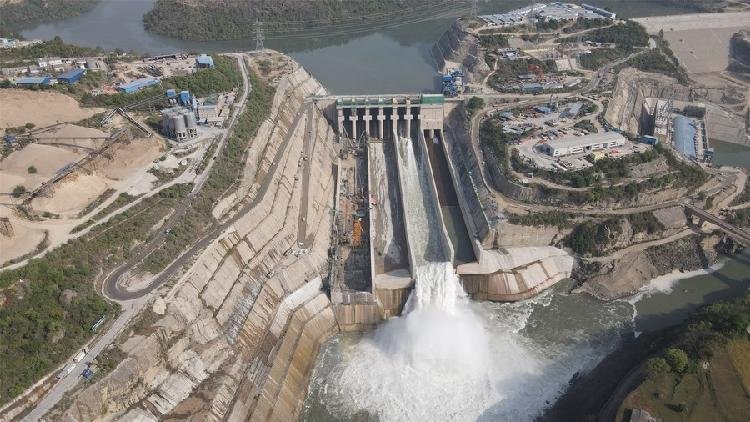The BRI has emerged as a huge potential for the host states. The hydropower projects under BRI are large which are important for all BRI states. As per the reports, Pakistan’s hydropower efficiency has significantly increased with huge potentials as well. It further aims to develop huge dams and large water reservoirs.
Furthermore, Pakistan is facing acute problems in meeting the energy requirements due to the imbalance in supply and chain mechanisms. BRI and its hydropower projects have now improved the hydropower potential that can meet the domestic need.
The Potential of Hydropower Development in Asia
Globally, Asia is leading in its hydropower capacity. The exploitable distribution of hydropower in the world is, 50% in Asia, 18% in South America, 14% in North America, 9% in Africa, 8% in Europe and 1% in Ocean. In this uneven distribution, Asia is leading that shows the massive potential.
In the 2019 Hydropower Status Report, China, Pakistan, and Tajikistan were named as the biggest producers of new hydropower giants in Asia each having a potential of 8540MW, 2487MW and 605MW.
Additionally, the countries along BRI had prominent performance in hydropower domain that included Pakistan, China, Brazil, Angola, Uganda, Ethiopia, and Turkey making the largest contribution from all over the world.
Future Prospects
Moreover, at present more than 100 countries have the potential to increase their hydropower capacity. BRI initiative is the link to most of these countries. Among them, Pakistan is a very prominent state that has worked significantly to develop its reservoirs and dams.
For Pakistan, River Indus is the key player in its hydropower rise. Diamer Bhasha Dam is one of the significant projects on River Indus.
Hence, the BRI’s focus on hydropower projects not only addresses energy needs but also fosters regional cooperation and economic development. As countries like Pakistan harness their hydropower potential, they not only bolster domestic energy security but also contribute to the broader goals of sustainable development and climate change mitigation. The continued investment in hydropower infrastructure under the BRI signifies a commitment to leveraging natural resources for the collective benefit of participating nations, paving the way for a greener and more interconnected future in Asia and beyond.



![Ukrainian and Russian flags with soldier silhouettes representing ongoing conflict. [Image via Atlantic Council].](https://southasiatimes.org/wp-content/uploads/2026/02/2022-02-09T000000Z_1319661209_MT1NURPHO000HXCNME_RTRMADP_3_UKRAINE-CONFLICT-STOCK-PICTURES-scaled-e1661353077377.jpg)


